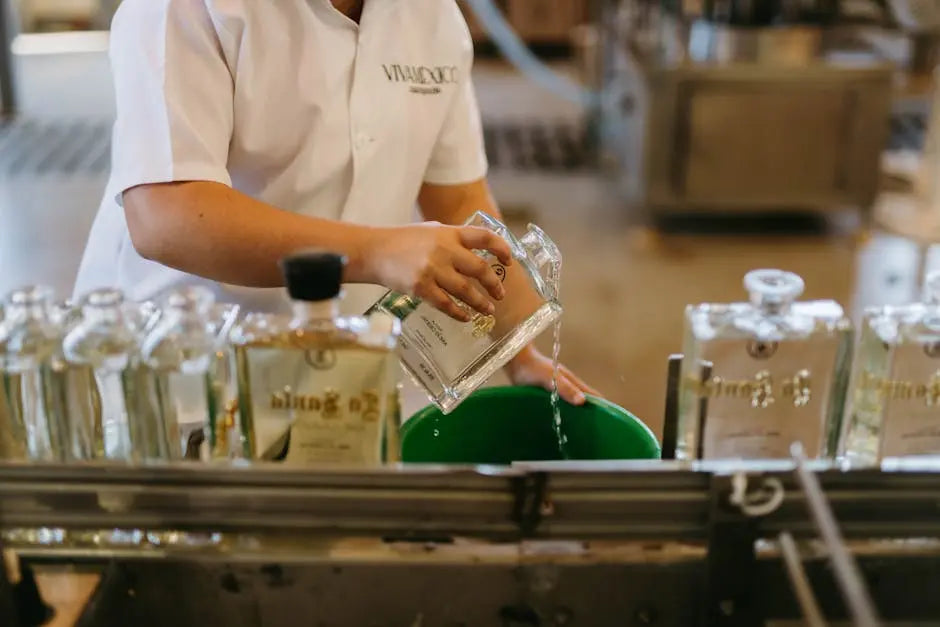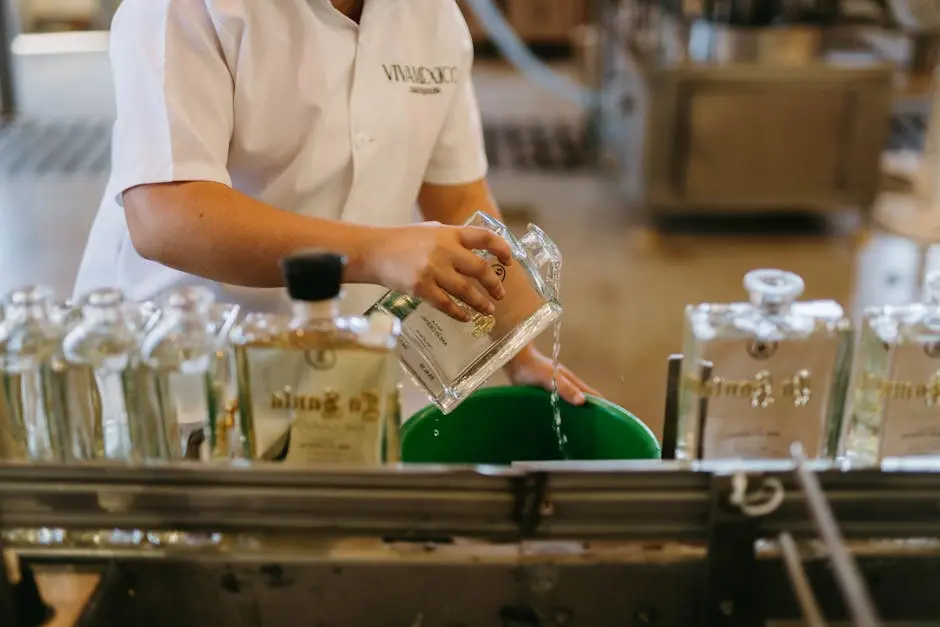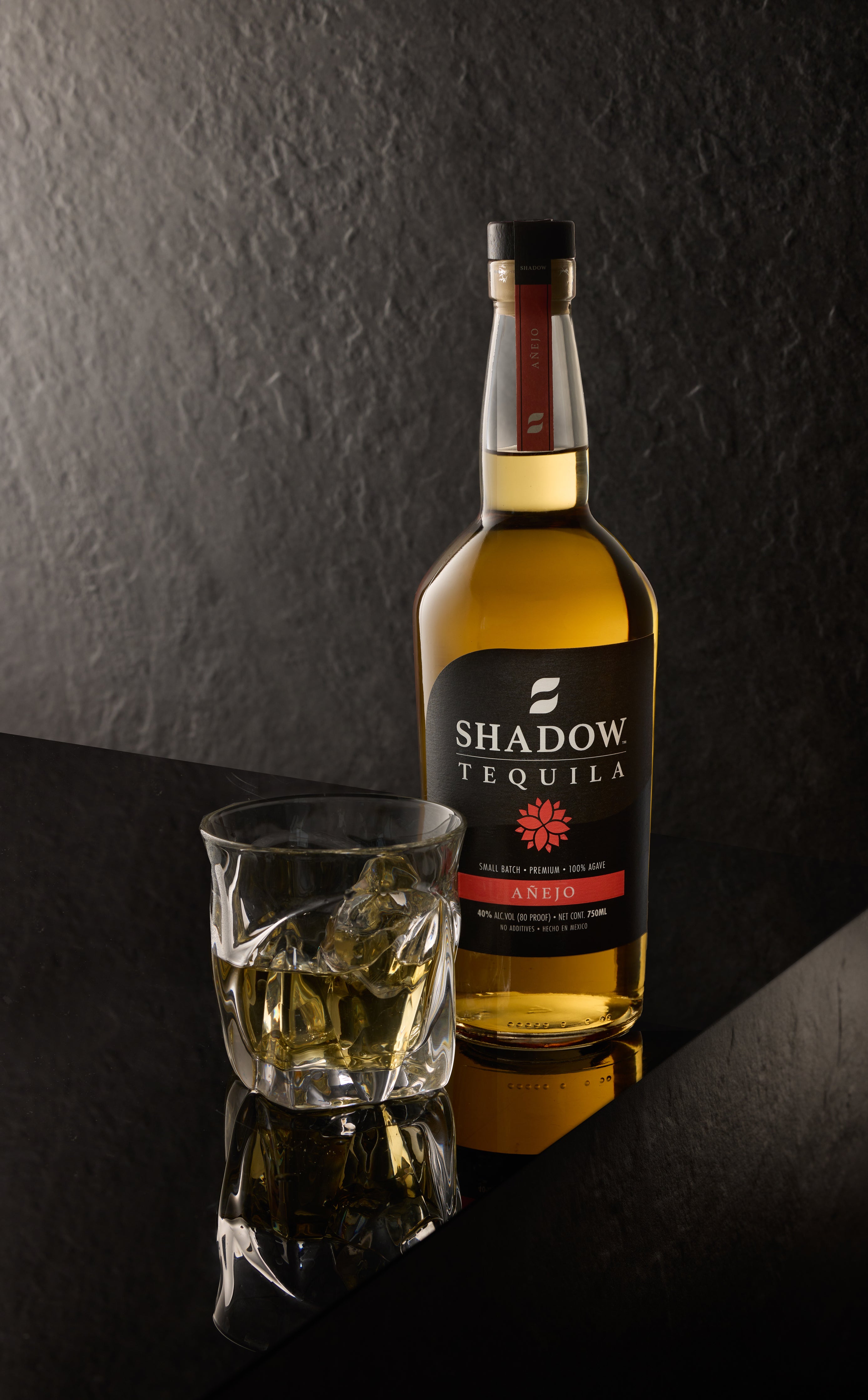Mexican tequila is more than just a popular spirit; it’s a reflection of a rich cultural heritage and a meticulous production process. But what exactly sets it apart from other spirits? In this blog, we’ll explore the unique characteristics that make tequila a distinct and celebrated choice around the world.
Origin and History of Tequila
Explore the historical roots of tequila in Mexico and how it has evolved over centuries to become the iconic drink it is today.
Tequila’s narrative begins with the indigenous peoples of Mexico, who were already fermenting agave long before Spanish colonization. This ancient practice laid the foundation for the tequila we know now.
Over time, tequila became not just a drink but a symbol of Mexican culture and identity. By the 19th century, it gained international recognition, captivating palates around the globe.
Today, tequila is protected by a Denomination of Origin, ensuring that only spirits produced in specific regions of Mexico can call themselves tequila. This guarantee speaks volumes about its authenticity.
The Agave Plant: Heart of Tequila
Discover the significance of the blue agave plant in tequila production and why it is essential for authentic Mexican tequila.
The blue agave, or Agave tequilana, is the backbone of tequila. It takes about 8 to 12 years to mature, absorbing the sun and nutrients from the soil, which ultimately shapes the tequila’s flavor profile.
Harvesting the agave is a skill passed down through generations. Known as ‘jimadores,’ these harvesters expertly extract the heart of the plant, called the piña, ensuring only the best are selected.
The inherent sweetness of blue agave plays a crucial role in the production process, giving tequila its distinctive character. Each sip reveals a blend of floral, fruity, and earthy notes, resulting from this unique plant.
Production Process: Craftsmanship at Its Best
Dive into the meticulous steps of tequila production, from harvesting agave to distillation, that contribute to its unique flavors and quality.
Once agave is harvested, it undergoes cooking, either in traditional stone ovens or modern autoclaves. This process converts the starches into fermentable sugars, setting the stage for fermentation.
Following cooking, the agave is crushed to extract its juice. Fermentation occurs next, where yeast interacts with the sugars, transforming it into alcohol. This phase is where flavor begins to emerge.
The final distillation process is where the magic truly happens. Tequila may undergo double distillation to refine its purity, with some artisans opting for a third distillation for added complexity in flavor.
Types of Tequila and Their Distinctions
Learn about the different types of tequila—blanco, reposado, añejo—and the characteristics that make each one special.
Blanco tequila is clear and fresh, often enjoyed straight or in cocktails. It reflects the pure essence of the agave and is bottled shortly after distillation.
Reposado tequila, aged in barrels for a minimum of two months, offers a smoother and more complex flavor profile, often infused with hints of wood and vanilla.
Añejo tequila, aged for at least one year, presents a rich and complex taste. Its deep amber color is accompanied by flavors of caramel, cocoa, and spices, making it perfect for sipping.
Cultural Significance and Enjoyment
Understand the cultural importance of tequila in Mexican society and how it is traditionally enjoyed during celebrations and gatherings.
In Mexico, tequila is more than just a drink; it is a celebratory spirit, often poured during fiestas, weddings, and family gatherings, fostering a sense of community and joy.
Tequila rituals, like the traditional way of enjoying it with salt and lime or sipping it neat, enhance the experience, connecting individuals to the rich tapestry of Mexican heritage.
As it continues to gain popularity worldwide, tequila fosters connections across cultures, bridging gaps between people through shared moments of enjoyment, laughter, and toast.
In Summary
Understanding the unique qualities of Mexican tequila not only enhances your appreciation for this beloved spirit but also connects you to the rich traditions and craftsmanship behind its production. So next time you savor a glass of tequila, remember the story and the artistry that make it truly special.







